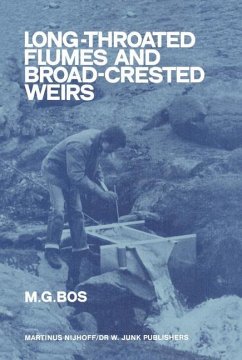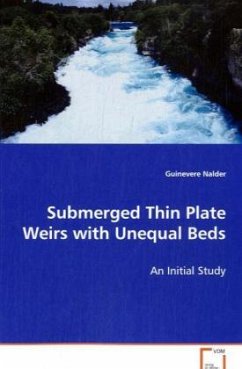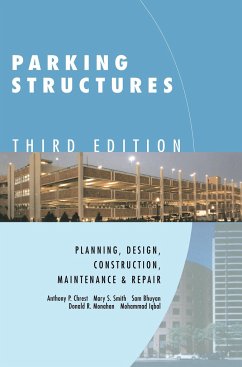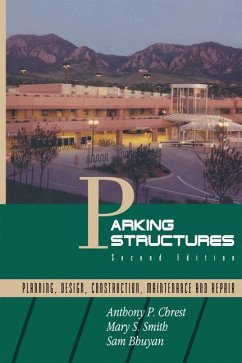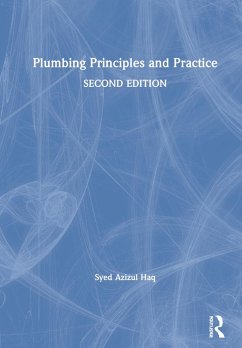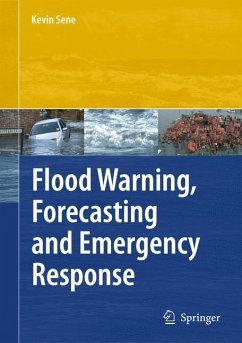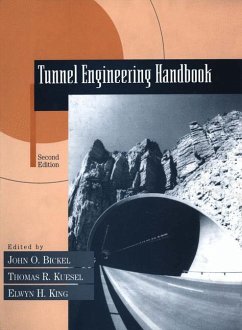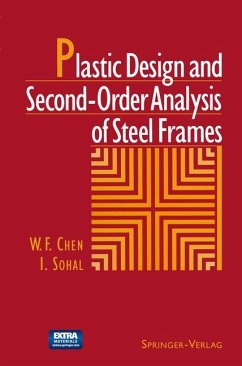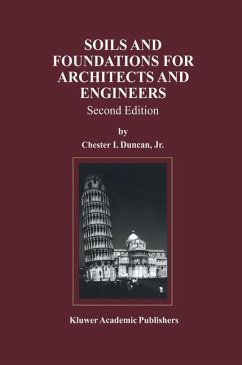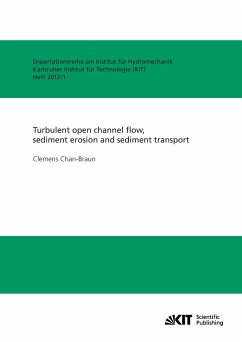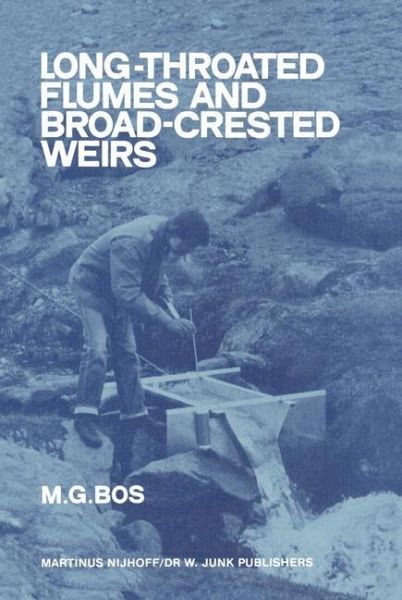
Long-Throated Flumes and Broad-Crested Weirs

PAYBACK Punkte
39 °P sammeln!
In the context of water management, structures that measure the flow rate in open channels are used for a variety of purposes: (i) In hydrology, they measure the discharge from catchments; (ii) In irrigation, they measure and control the distribution of water at canal bifurcations and at off-take structures; (iii) In sanitary engineering, they measure the flow from urban areas and industries into the drainage system; (iv) In both irrigation and drainage, they can control the upstream water at a desired level. This thesis represents an attempt to place such flow measurements on a solid foundati...
In the context of water management, structures that measure the flow rate in open channels are used for a variety of purposes: (i) In hydrology, they measure the discharge from catchments; (ii) In irrigation, they measure and control the distribution of water at canal bifurcations and at off-take structures; (iii) In sanitary engineering, they measure the flow from urban areas and industries into the drainage system; (iv) In both irrigation and drainage, they can control the upstream water at a desired level. This thesis represents an attempt to place such flow measurements on a solid foundation by explaining the theory of water flow through 'long-throated flumes' and their hydraulically related 'broad-crested weirs'. On the basis of this theory, and on practical experience, these structures are recommended for use whenever the water surface in the channel at the measuring site can remain free. The thesis concludes with a design procedure that will facilitate the application of these structures. The idea to undertake research on discharge measurement structures was born upon my appointment as the first civil engineer with the International Institute for Land Reclamation and Improvement (ILRI). Because my recruiter, Ir. J.M. van Staveren, then Director of ILRI, had left the Institute before my arrival, and because I was the 'first of my kind' in an agricultural environment, I looked for contact and found - vii- support from: the late Prof. Ir. J. Nugteren, Prof. Ir.



